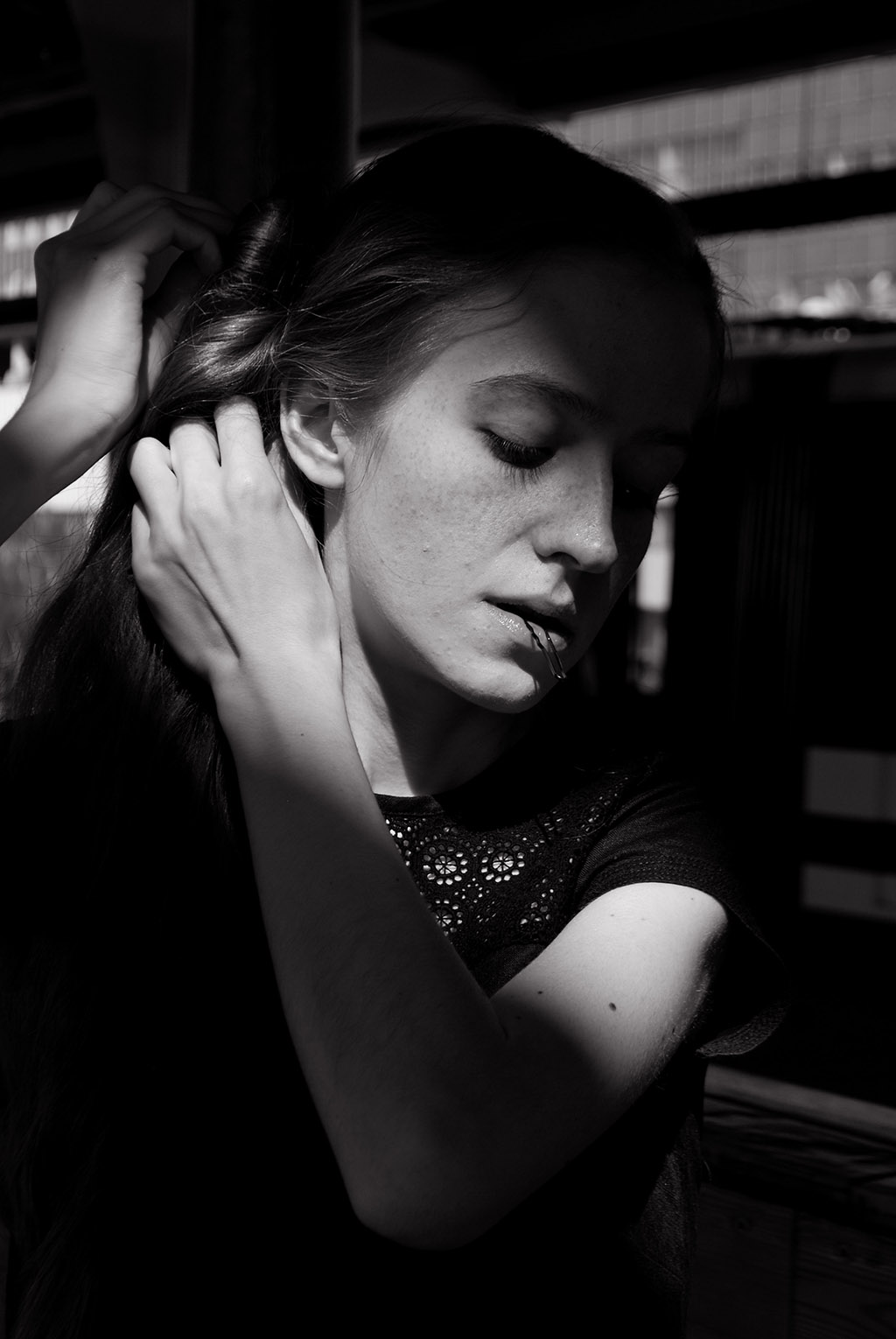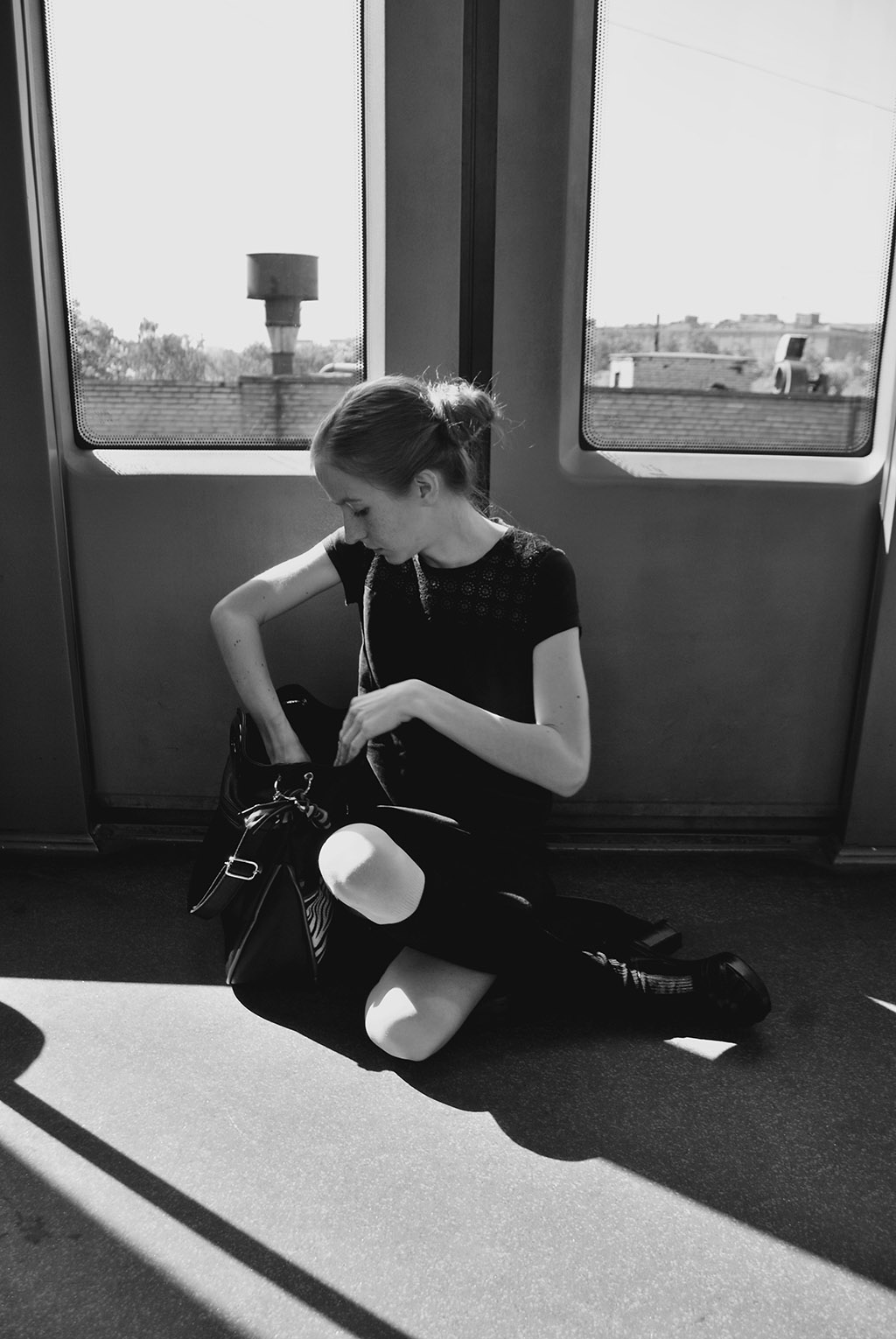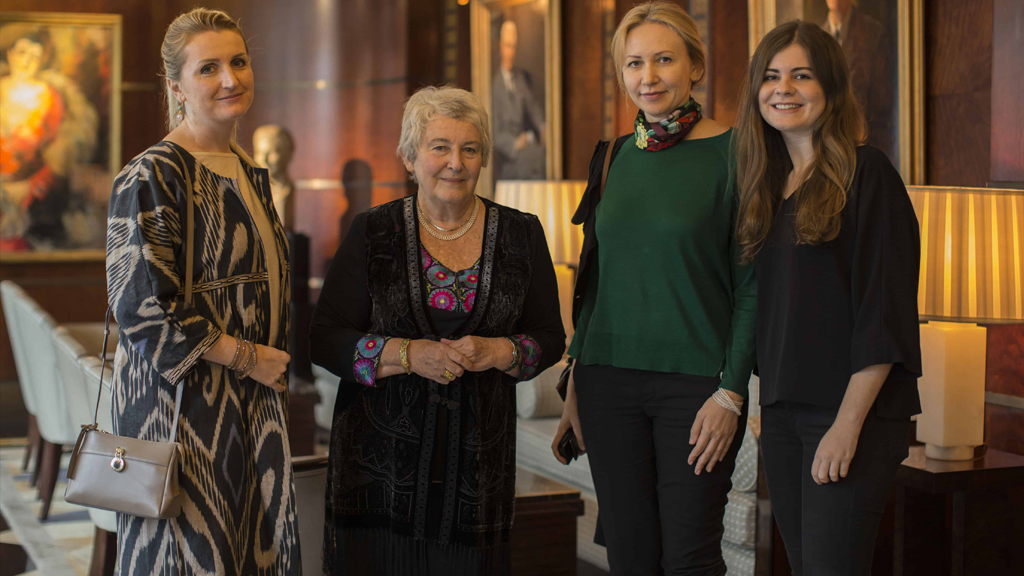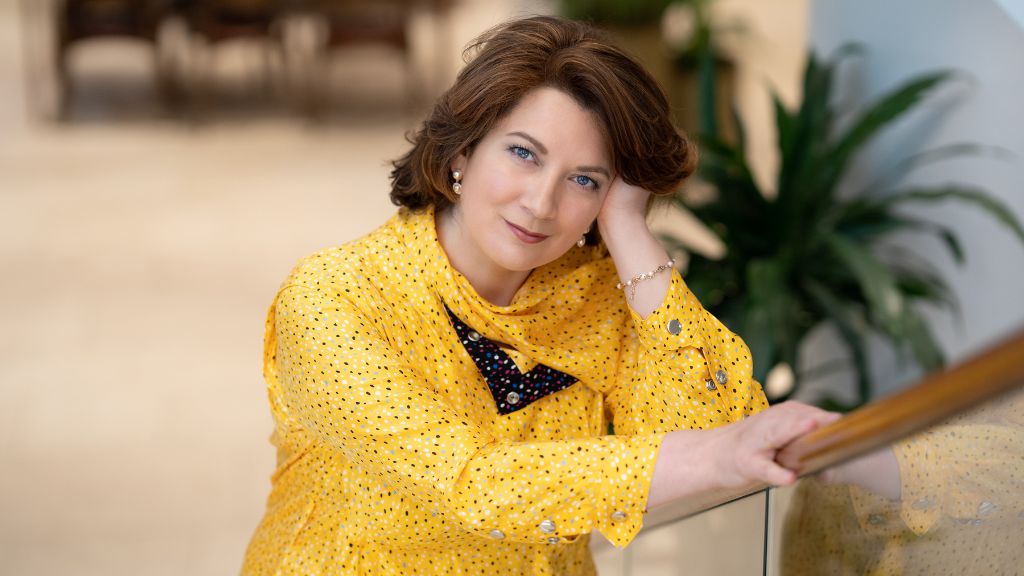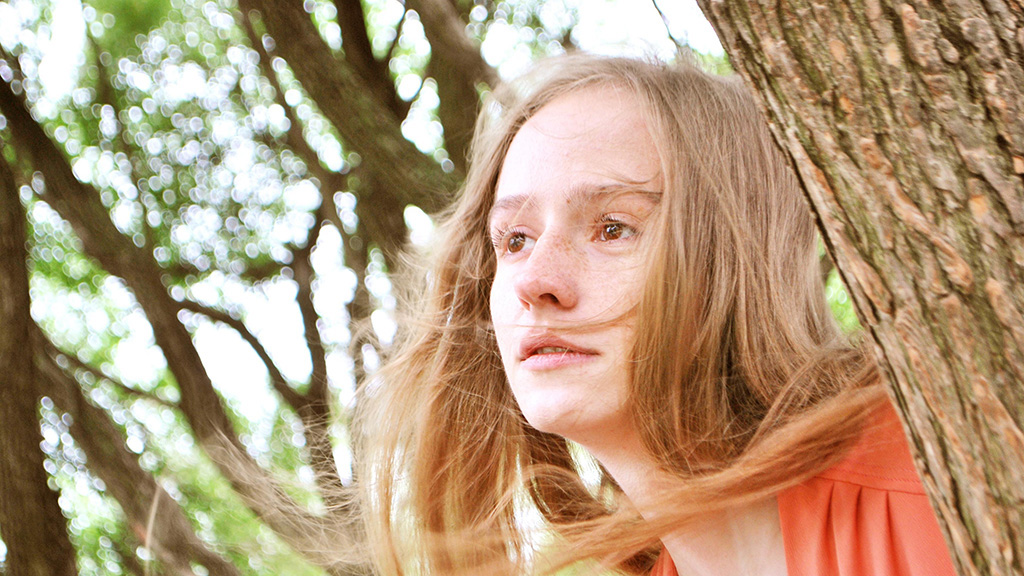
Irina Voloshinovskaya: a poetess who continues the meditative-philosophical line of Russian poetry
Afisha.London magazine continues to tell about interesting creative people who deserve attention. The hero of this material is Irina Voloshinovskaya, a poetess from Moscow whose work is based on the interaction of the inner and outer worlds.
Irina graduated from the Moscow Pedagogical State University, where she graduated with a double major: Russian Language and Literature, as well as English Language. After that she studied at the Institute of Journalism and Creative Writing, as well as at the Institute of World’s Literature named after M. Gorkiy. Irina Voloshinovskaya published both scientific articles and her poetic works both in Russia and abroad.
Follow us on Twitter for news about Russian life and culture
Irina was once a participant in the poetry workshops of two venerable poets — Dmitry Vedenyapin and Alexei Kubrick, and now she leads a poetry workshop at the Library of Foreign Literature named after Rudomino.
- Irina Voloshinovskaia
- Irina Voloshinovskaia
Irina already has recognition in literary circles, has publications both in conventional literary journals (“New Coast”) and in avant-garde experimental magazines (“Polutona”, “Formaslov”), participated in a number of significant events in the literary life of Russia (festival “GolosA” in Cheboksary, Poetry Marathons at the Bogolyubov Library, Poetry Evenings at the Zverev Center for Contemporary Art). Her poetry was awarded the prize of the RuptureXIBIT cultural and exhibition space in London, and she was invited to participate with it in a cultural event called “Can you reach me?”.

According to Mikhail Pavlovets, Ph.D. in Philology, Associate Professor of the School of Philological Sciences, Faculty of Humanities, National Research University Higher School of Economics, Laureate of the David Burliuk International Mark of the Zaumi Academy (AZ), Irina’s work continues the meditative-philosophical line of Russian poetry, coming from Gennady Aigi. It has important intonational parallels with the poetry of Mikhail Gronas, but it seems to us that influences from foreign poetry are also noticeable: English and Japanese. Although this poetry is not impersonal, the method of connecting the facets of the artistic world in many ways refers to those of T.S. Eliot. The points of convergence with traditional Japanese poetry are, first of all, the traditions of poetic minimalism, laconic poetic expression — up to the isolation of individual lines and even words. Here, contemplation is a way to touch the universe — sometimes in its simplest everyday manifestations, in order to catch its response, catch the resonance from a touch with a glance and resonate in response. The world of Irina Voloshinovskaia is based not on tension, but on the interaction of the mental (inner) and real (external) worlds. However, sometimes one of these worlds becomes the world of ancient myth, but rather as a metaphor for reality than its antithesis. This is very modern and talented poetry, all built on semitones, pauses, allusions.
Read more:
Kseniia Fleisher: artist exploring the depth of human emotions
Leading auction houses Sotheby’s, Christie’s and Bonhams call off Russian art auctions
SUBSCRIBE
Receive our digest once a week with quality Russian events and articles
